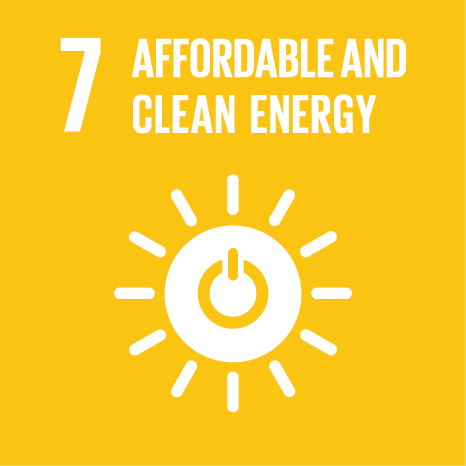Ciência_Iscte
Publications
Publication Detailed Description
Machine learning techniques focusing on the energy performance of buildings: A dimensions and methods analysis
Journal Title
Buildings
Year (definitive publication)
2022
Language
English
Country
Switzerland
More Information
Web of Science®
Scopus
Google Scholar
This publication is not indexed in Overton
Abstract
The problem of energy consumption and the importance of improving existing buildings’ energy performance are notorious. This work aims to contribute to this improvement by identifying the latest and most appropriate machine learning or statistical techniques, which analyze this problem by looking at large quantities of building energy performance certification data and other data sources. PRISMA, a well-established systematic literature review and meta-analysis method, was used to detect specific factors that influence the energy performance of buildings, resulting in an analysis of 35 papers published between 2016 and April 2021, creating a baseline for further inquiry. Through this systematic literature review and bibliometric analysis, machine learning and statistical approaches primarily based on building energy certification data were identified and analyzed in two groups: (1) automatic evaluation of buildings’ energy performance and, (2) prediction of energy-efficient retrofit measures. The main contribution of our study is a conceptual and theoretical framework applicable in the analysis of the energy performance of buildings with intelligent computational methods. With our framework, the reader can understand which approaches are most used and more appropriate for analyzing the energy performance of different types of buildings, discussing the dimensions that are better used in such approaches.
Acknowledgements
This work was supported by a Ph.D. Scholarship of NOVA IMS supported by project POCI-05-5762-FSE 000223, and its scope lies in the context of Simplex #109 “Consumo SMART”. This work is partially funded by national funds through FCT—Foundation for Science
Keywords
Energy performance certificate (EPC),Machine learning (ML),Energy-efficient retrofitting measures (EERM),Energy performance of buildings (EPB),Energy efficiency (EE)
Fields of Science and Technology Classification
- Computer and Information Sciences - Natural Sciences
Funding Records
| Funding Reference | Funding Entity |
|---|---|
| POCI-05-5762-FSE 000223 | Fundação para a Ciência e a Tecnologia |
| UIDB/04466/2020 | Fundação para a Ciência e a Tecnologia |
Contributions to the Sustainable Development Goals of the United Nations
With the objective to increase the research activity directed towards the achievement of the United Nations 2030 Sustainable Development Goals, the possibility of associating scientific publications with the Sustainable Development Goals is now available in Ciência_Iscte. These are the Sustainable Development Goals identified by the author(s) for this publication. For more detailed information on the Sustainable Development Goals, click here.

 Português
Português




